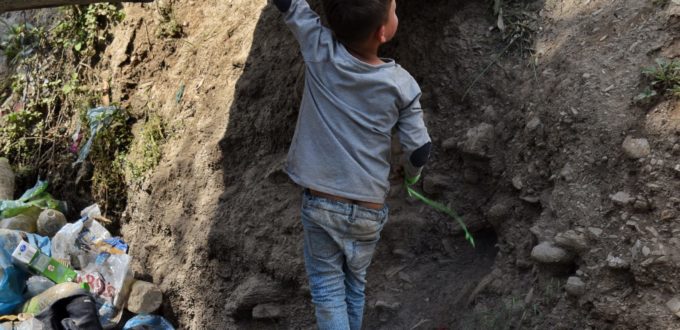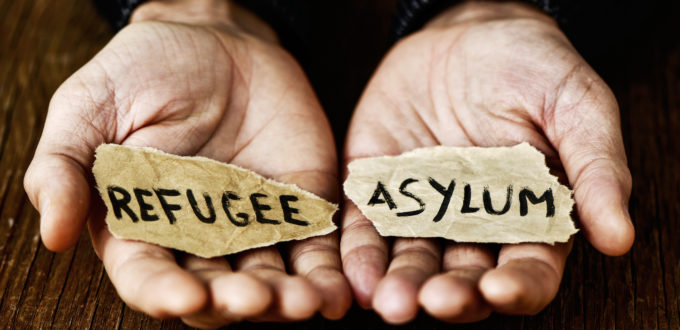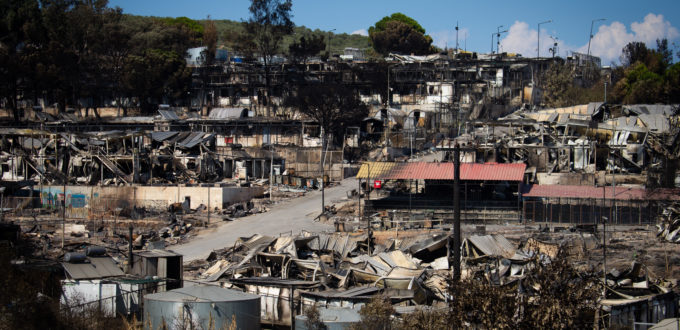The Syrian civil war has been waging for ten years and the consequences for Syria, Syrians, the neighboring states, and the region have been devastating. The crisis has left over 6.6 million Syrians in need of protection and resettlement. Still, a handful of neighboring states continue to host the majority of Syrian refugees.
Minors and shipwrecks in the Mediterranean: a never-ending story
Youssef and Alan are only two of too many children who have lost their lives on the move in recent years. The International Migration Organization (IOM) reported that 337 children have died while migrating in Africa between 2014–2018, 200 of them died as a result of drowning in the Mediterranean sea. However, this number does not reflect the grim reality: according to IOM, over 70 per cent of people whose deaths were reported in the Central Mediterranean between 2014 and 2018 were never found.
EU puts ‘Dublin to bed’ and launches New Pact on Migration and Asylum.
The overcrowded Moria camp has become an image of a failed collective effort to create cross-European solidarity for refugees and asylum seekers. On 23 September 2020 the European Commission launched their New Pact on Migration and Asylum aimed at replacing the heavily criticized Dublin Regulation. But what exactly is the ‘Dublin problem’ – and which solutions do the new pact hold? Four migration researchers offer their views below.
A Greek Tragedy in Moria: Asylum Seekers without Durable Solutions
Since the terrible fire at the Moria asylum unit on the Greek island of Lesvos on 8 September the world has been horrified not only by the scale of the disaster but the inadequacy of the response at the local, national, European, and international level. While asylum seekers, with no-where to go, sleep on the […]
The (lack of) EU Migration Policy on fire: What can be learned from the Moria disaster?
The striking images of the fires which devastated the largest migrant camp in Greece last week have circulated across media all over the world and astonished the public. About 13,000 people have lost their shelters, which have allowed them, although in a very uncomfortable way, to survive, far from war and violence. On 10 September, the day after the […]
Disaster Foretold: Refugees in Moria at risk after fires. What now, EU?
As much as the Greek state tries to present the fire and misery that unfolded as an unpredictable event and a state of emergency, this disaster was preventable, foreseeable and, therefore, foretold and avoidable. It is the outcome of a series of inadequate and patchy political decisions as well as the largely exclusionary, discriminatory and deterrent policies that have been implemented within and beyond the EU’s borders.






